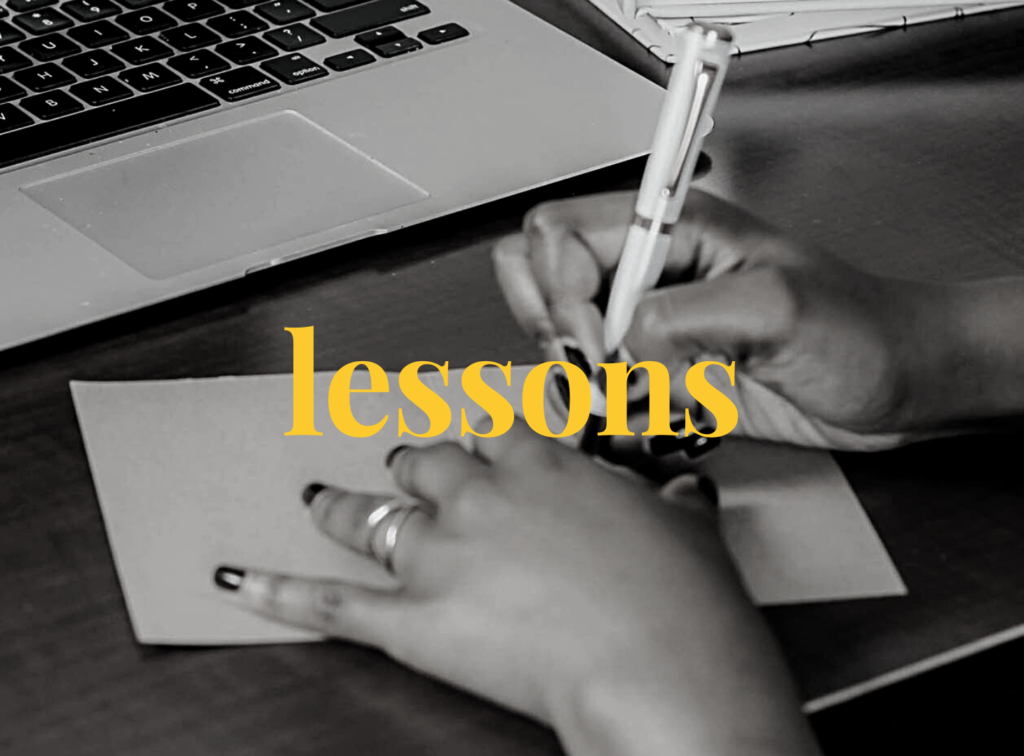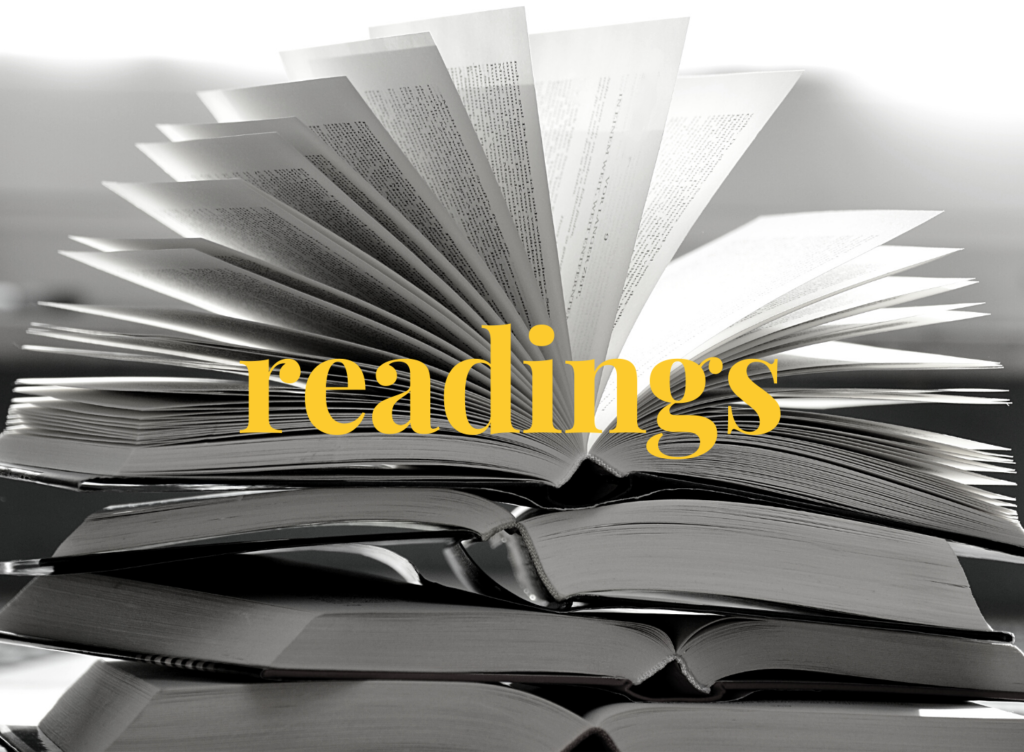Why study gender & migration?
Feminist research on migration focuses on how women and men’s experiences of migration differ, and how these differences create or reproduce unequal power dynamics. For example, in the previous lesson we discussed the ways Western immigration systems tend to emphasize men as the primary actors in migration. Dr. Philomina Okeke-Ihejirika and Dr. Bukola Salami (2018) write: “Men are generally considered the principal actors in migration. They are likely to assume more agency in family decisions regarding when and where to emigrate”. Further, women may “be less psychologically and linguistically prepared to leave behind the networks of social support on which they have always counted in exchange for the emotional and social challenges of a new environment” (94-95).
Indeed, women and girls and men and boys tend to have distinct experiences of migration in both the pre- and post-migration contexts. As Dr. Sophie Yohani and Dr. Philomina Okeke-Ihejirika (2018) explain, for example, gender-based violence (GBV) is a widespread problem in conflict and post-conflict zones. The United Nations Declaration on the Elimination of Violence Against Women defines gender-based violence as: “any act that results in, or is likely to result in physical, sexual, or psychological harm or suffering to women, including threats of such acts, coercion, or arbitrary deprivation fo liberty, whether occurring in public or private life”. In the context of increasing involuntary migration from Africa to Canada, Yohani and Okeke-Ihejirika study the experiences of African women who have experienced GBV in conflict zones, and the kind of supports in Canada after migration. They emphasize the need for specific supports for women who have escaped GBV, including mental health and social supports that address their experiences in both the pre-migration and post-migration contexts.
The term ‘gender’ tends to be associated with women, as if only women and girls are impacted by the social construction of masculinity and femininity. By engaging with African men’s experiences of migration, Okeke-Ihejirika and Salami shift the focus from an association of gender with women to one that takes into account men’s experiences. Their research documents the challenges men encounter adjusting to different gender roles and expectations in the West. They ask:
“What stressors do African men face within the family in the post-migration context? What insights could their experiences provide in terms of possible directions for future studies, service provision, and policymaking?”
Okeke-Ihejirika and Salami, 2018, “Men Become Baby Dolls and Women Become Lions: African Immigrant Men’s Challenges with Transition and Integration”
Their research demonstrates that African men encounter three main stressors in Canada:
- challenges with economic integration
- changing ideals about masculinities and gender relations across transnational spaces, and
- tensions in the parent-child relationship
Readings
You will complete two readings for this module. In addition to providing important context for understanding approaches to gender & migration, these readings serve as examples of a literature review. You will practice writing a comprehensive literature review for the course on research methods.

- Canada’s Sub-Saharan African migrants: A scoping review
by Philomina Okeke-Ihejirika, Sophie Yohani, Bukola Salami, and Natalie Rzeszutek - African immigrant women’s experience in western host societies: a scoping review
by Philomina Okeke-Ihejirika, Bukola Salami, and Ahmad Karimi

